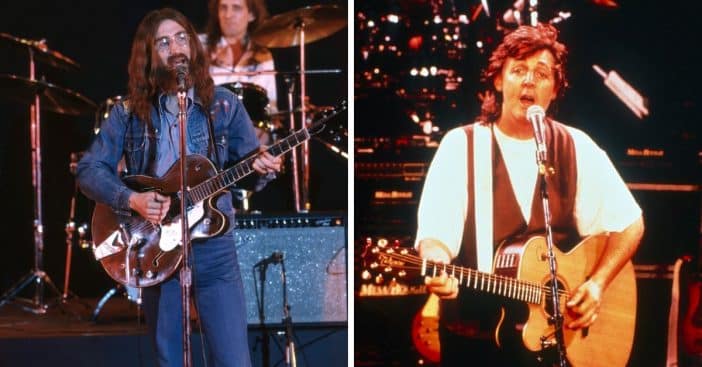
Generally speaking, The Beatles had a run that spanned about a decade from 1960 to 1970, and in those 10 years, the Fab Four released 13 studio albums, toured the world a couple of times, starred in motion pictures, gave up touring in 1966 to become an even more successful studio band, and touched the global population with their evolving creativity. Yet by the end of the 1960s, the band succumbed to bitter internal disagreements amongst themselves, resulting in that beautiful era coming to a close.
Behind the scenes, John Lennon was the first to quit The Beatles in September 1969 before they officially announced their disbanding in 1970. After they broke up, Lennon and Paul McCartney found themselves caught up in a long-lasting feud that, thankfully, ended before John’s death in 1980.
The Bitter rivalry between John Lennon and Paul McCartney
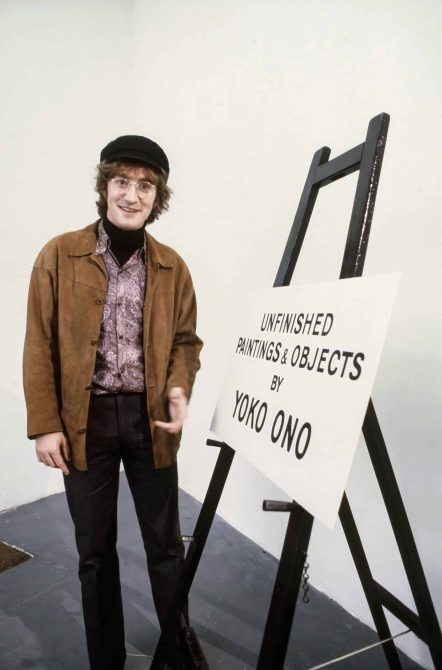
The former Beatles expressed their rivalry in many ways, ranging from comments made in interviews and writing songs deriding each other. Lennon was always on the lookout for any opportunity to speak about McCartney, but he never wanted the latter to do the same.
RELATED: John Lennon Wanted To Redo One Of The Beatles’ Most Popular Songs
However, while Lennon and McCartney often complained about each other bitterly in interviews, the duo claimed they could never hate each other. “People said to me when he said those things on his record about me, you must hate him, but I didn’t,” McCartney revealed in an interview in 2021. “I don’t.”
The singers started a spree of diss tracks aimed at each other
In the track “God,” in his first solo album John Lennon/Plastic Ono Band, Lennon shaded his former band, making tensions worse. The song had a lot of “I don’t believe in” statements, which included not believing in “Jesus,” “Yoga,” “Elvis,” and even “Beatles,” before concluding with, “I just believe in me/ Yoko, and me/ That’s reality/ Dream is over.”
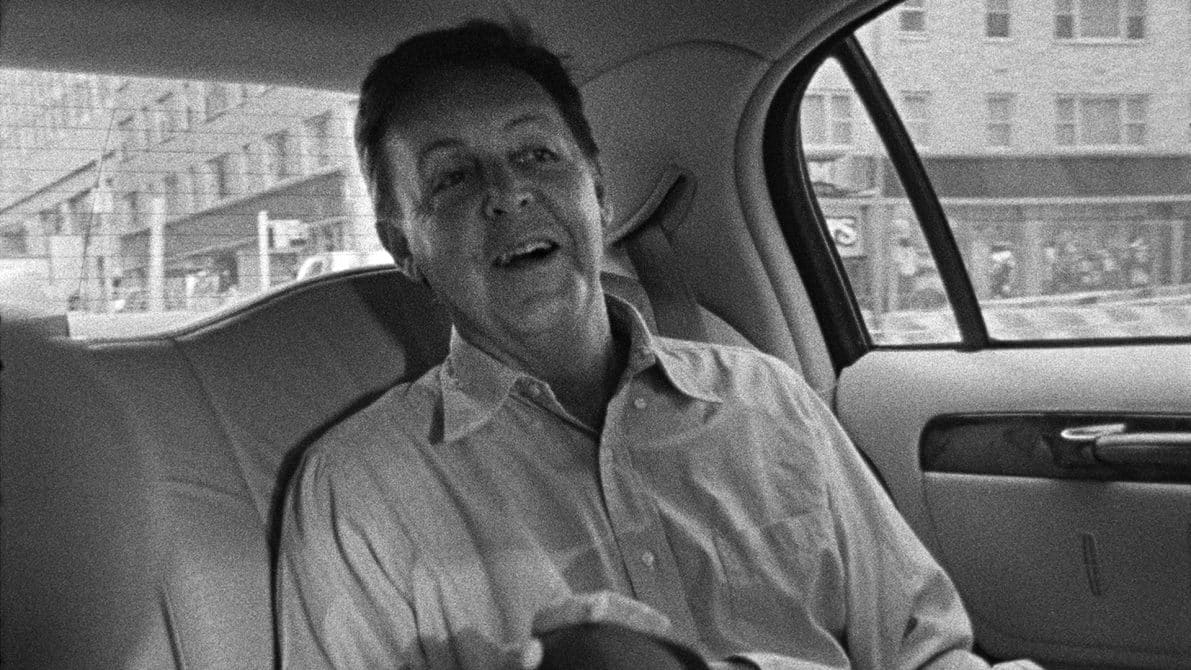
McCartney, who felt attacked, responded with his 1971 song “Too Many People,” which was meant to pass a message to Lennon, advising him to be grateful for his big break and suggesting that he calm down, because many people were gunning for his kind of opportunity.
Paul McCartney Speaks Out on the feud
In his 2021 book, The Lyrics: 1956 to the Present, McCartney revealed what transpired between both singers that led to the individual outbursts. He claimed that the rivalry may have started due to their background in Liverpool, making both of them stand toe to toe.
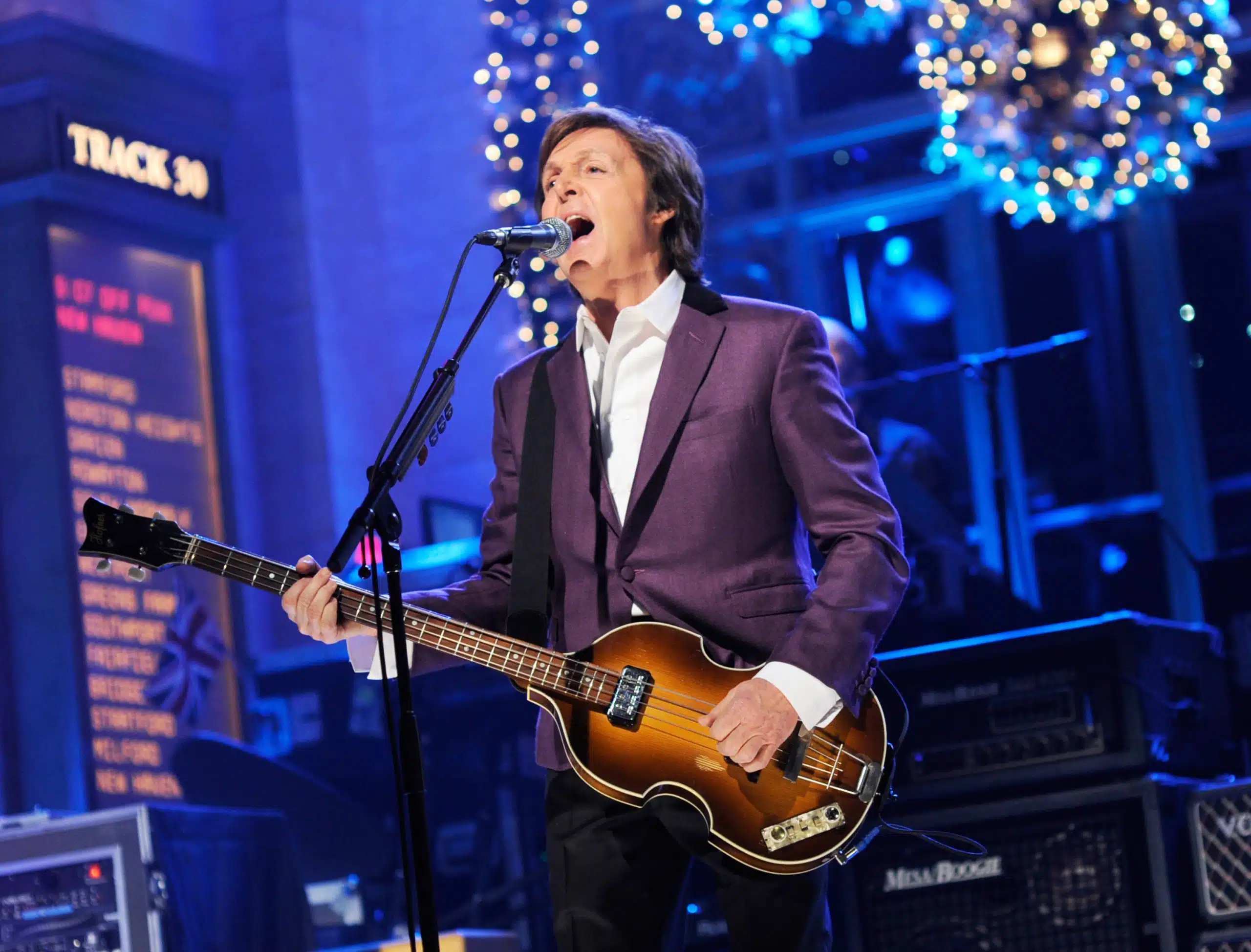
“John was firing missiles at me with his songs, and one or two of them were quite cruel. I don’t know what he hoped to gain, other than punching me in the face. The whole thing really annoyed me,” he wrote.“I decided to turn my missiles on him, too, but I’m not really that kind of writer, so it was quite veiled. It was the 1970s equivalent of what we might today call a ‘diss track.’ Songs like this, where you’re calling someone out on their behavior, are quite commonplace now, but back then it was a fairly new ‘genre.’”
John Lennon and Paul McCartney resolved their differences before Lennon’s death
However, the warring duo eventually put aside their differences before Lennon’s death. McCartney released his song “Dear Friend” in 1971 as an open letter to Lennon, hoping they would both bury the hatchet. Several years later, the friends rekindled their relationship slowly, especially after they both had their first child.
UK journalist Andy Peebles interviewed John Lennon in the 1980s, asking about his life and interactions with his former bandmates.
“He explained how he loved living in New York and how much he missed England,” Pebbles reported. “He told me about McCartney turning up at the Dakota and ringing the doorbell, and John not letting him up, yelling down, ‘I’m baking bread and looking after the baby!'”
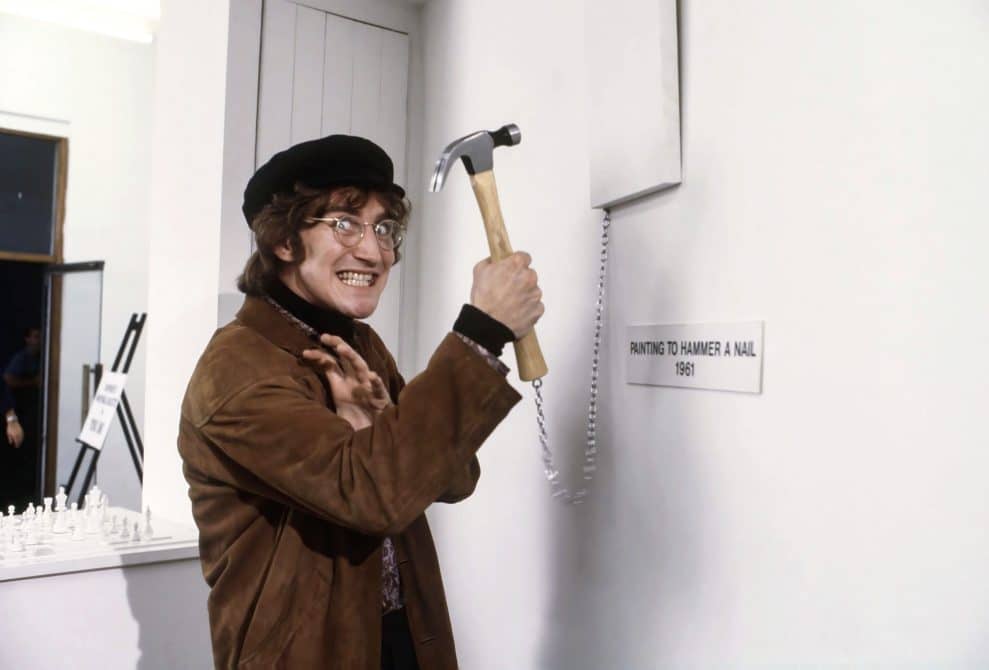
McCartney reflected on the reconciliation, explaining that he was grateful that they were both cordial before Lennon’s untimely murder.
“Without question, it would have been the worst thing in the world for me had he been killed when we still had a bad relationship,” McCartney wrote in his book. “I would’ve thought, ‘Oh, I should’ve, I should’ve, I should’ve…’ It would have been a big guilt trip for me. But luckily, our last meeting was very friendly. We talked about how to bake bread.”
